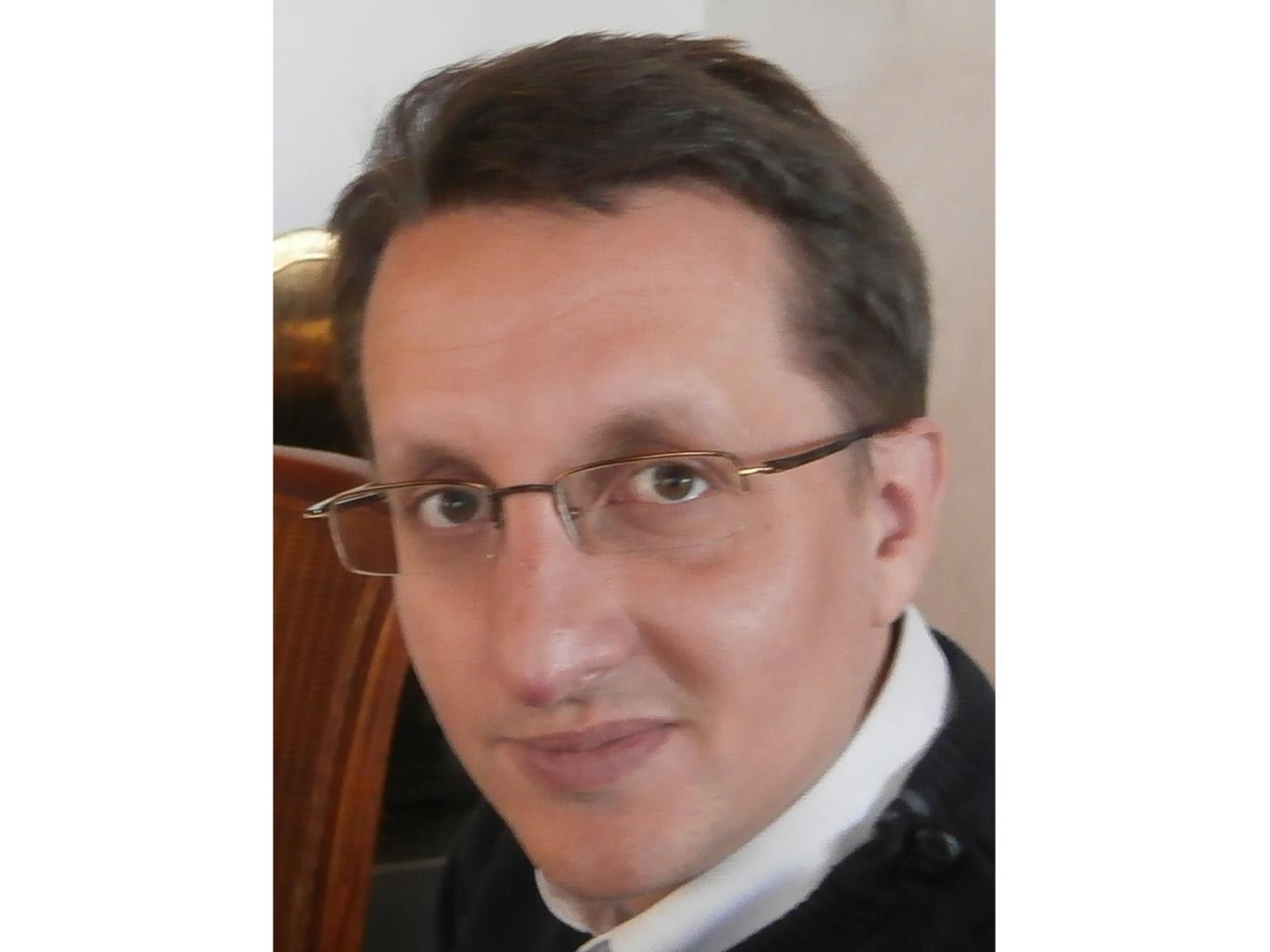28. listopad 2016. |
od 12:00 do 16:00 |
Velika vijećnica, FESB |

Electromagnetic compatibility (EMC) literature and standards are mostly based upon “worst” cases approaches while security margins exist to ensure the system safety. In accordance with EMC recommendations, this mainly requires two (antagonistic?) elements: accurate and efficient tools to quantify more realistic EMC configurations, and trustworthy reliability methods to ensure security margins. Basically, some environmental parameters (geometry, material, sources) are not deterministically known and some random variations lead to uncertainties.
The purpose of EMC is to study the unintentional/intentional generation; propagation and reception of electromagnetic (EM) energy with reference to related undesired effects (EM interference, EMI). In this con , the development of a simple and clear methodology to integrate randomness into EMC modeling is crucial since EMC of complex systems within critical devices cannot rely on the sole use of deterministic approaches. Propagation of uncertainties on an entire system becomes nowadays of great importance in regards to EMC standards and this field of research has gained a growing interest over the past few years.
Non-exhaustive state-of-the-art EMC stochastic issues contain different philosophies to integrate this problem for instance involving printed circuit boards (PCBs), cable coupling and effects of uncertain High Intensity Radiated Fields (HIRFs).
EMC group from “Institut Pascal” (IP), Clermont Auvergne University, was a pioneer in the integration of uncertainties for EMC applications. The gradual insertion of the proposed stochastic techniques for different issues from antennas characterization, EM diffraction, bio-electromagnetic purposes and EMC measurements will broadly validate these methods in computational and experimental electromagnetics. Parallel to proposed stochastic methods, we will explore the use of relevant sensitivity analysis tools to precisely assess the sensitivity of the different random parameters.
Sébastien Lalléchère was born in Nevers, France, in 1979. He obtained his Master and PhD degrees respectively in computational modeling and electronics/electromagnetism from Polytech’Clermont (2002) and Université Blaise Pascal (UBP, 2006), both in Clermont-Ferrand, France. He served as research engineer in Institut Pascal (2007) granted by French National Research Agency (ANR) program “CISSSI” focusing on intensive computational methods for electromagnetics. He joined Institut Pascal (IP) and Université Blaise Pascal (UBP), Clermont-Ferrand (France) as an Associate Professor in September 2007. His research interests cover the fields of electromagnetic compatibility (EMC) including antennas and propagation, complex and reverberating electromagnetic environments, computational electromagnetics, numerical stochastic modeling, reliability and sensitivity analysis in electrical engineering. He is actively involved in different research projects in antennas, RF and EMC, co-supervised 3 PhD students and was author or co-author of more than 100 papers in international conferences and journals. He received funding grants for visiting appointments in 2006 and 2014 from French Foreign Affairs/Research Ministries and UBP for scientific stays respectively in ETH Zurich (Switzerland) and University of Split (Croatia). Since October 2015, Dr. Lalléchère has been Officer Substitute of French URSI Commission E “EM environment and interferences”, and an elected member of French National Council for University (CNU in French). He is also a member of IEEE (EMC, MTT, AP societies), Applied Computational Electromagnetics Society (ACES), and of the French Electrical Engineering Society (SEE).

 Instagram
Instagram LinkedIn
LinkedIn YouTube
YouTube Facebook
Facebook Prijava na servise
Prijava na servise